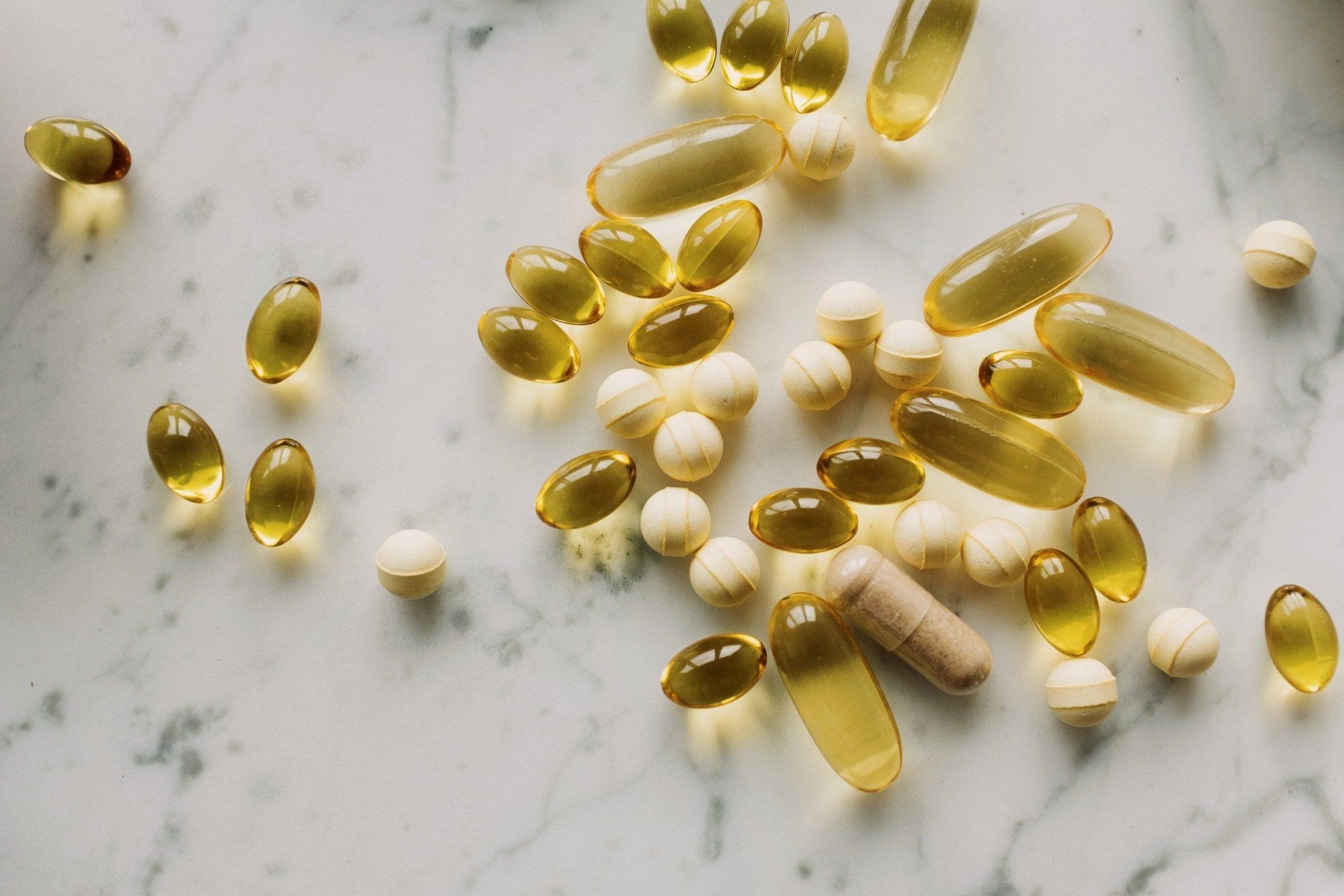COVID-19 and Obesity
During the early months of the COVID-19 outbreak, the focus for high risk factors was on age, race and sex. This list has now expanded to include Body Mass Index (BMI). According to a study performed by the CDC in 2015-2016, more than 70 percent of Americans are overweight, and almost 40 percent of those being obese with a BMI of 30 or higher [1].
The CDC warns: “Severe obesity increases the risk of a serious breathing problem called acute respiratory distress syndrome (ARDS), which is a major complication of COVID-19 and can cause difficulties with a doctor’s ability to provide respiratory support for seriously ill patients. People living with severe obesity can have multiple serious chronic diseases and underlying health conditions that can increase the risk of severe illness from COVID-19” [2].
The numbers don’t lie:
- 35.8 percent of the first 393 COVID-19 patients admitted to two hospitals in New York City were obese [3].
- In a study of 5,700 people hospitalized for COVID-19 in New York City, 41 percent were obese and over 33 percent had diabetes [4].
- In study of 3,615 people who tested positive for COVID-19, those with a BMI between 30 and 40 were approximately twice as likely to be admitted to acute and critical care than those who had a BMI of less than 30. These patients were also three times more likely to die from infection than those with a health BMI [5].
- The COVID-19-Associated Hospitalization Surveillance Network states that obesity is the most prevalent underlying condition in patients 18–64 years [6].
To make matters worse, hospitals are ill equipped to support a high influx of overweight and obese patients [7]:
- Many hospitals only have a set number of special beds for the obese.
- It is more difficult to intubate the obese.
- Imaging machines have weight limits, making it challenging to obtain diagnostics for the obese.
- The obese can be difficult to position and transport.
With stay-at-home and shelter-in-place orders still in place across most of the country, a healthy diet can be hard to manage, thus compounding weight issues. Most people are gravitating toward foods with a higher shelf life such as canned goods or frozen meals. These dishes are often loaded with preservatives and high in sodium, neither are good for the body and both ensue undesired weight gain. This combined with the fear of leaving the house and the ease of just sitting on the couch to binge the next Netflix series creates a dangerous recipe for obesity.
If ever there was a time to get smart about what you eat, it is right now. Eating well builds better immunity. Your body works better when it is fed better. Good food can help balance the three systems in your body (digestion, detox, or neuroendocrine), and weight loss can be achievable.
Don’t buy fast food or processed goods simply because they last longer. Shop the borders of the grocery store instead--produce, meat, fish and dairy. If you are doing most of your shopping online these days, just picture a store in your mind as though you were really pushing a cart. Stick to the basics (check out my blog: Good, Better and Best: How to Navigate Your Grocery Store).
If you feel anxiety about the current state of the world, especially if you have concerns about your weight and increased risk factor because of it, please contact me. There are so many fad diets and trends out there that it can be confusing to know where to start. I don’t believe in fad diets. They often don’t work because most people have an underlying condition that is the cause of their weight issues.
I will listen to you. I will come alongside you and together we will make a plan for your health. Together we will keep you on track to obtain a normal BMI and reduce your risk for COVID-19. Sign up for a 20-minute Health Discovery Session with me for $49 and we’ll get you started on a path toward better health today.
Curious about your BMI? The following is a calculator provided by the CDC: https://www.cdc.gov/healthyweight/assessing/bmi/adult_bmi/english_bmi_calculator/bmi_calculator.html
Sources:
- https://www.cdc.gov/nchs/fastats/obesity-overweight.htm
- https://www.cdc.gov/coronavirus/2019-ncov/need-extra-precautions/groups-at-higher-risk.html
- https://www.nejm.org/doi/full/10.1056/NEJMc2010419
- https://jamanetwork.com/journals/jama/fullarticle/2765184?guestAccessKey=906e474e-0b94-4e0e-8eaa-606ddf0224f5&utm_source=For_The_Media&utm_medium=referral&utm_campaign=ftm_links&utm_content=tfl&utm_term=042220
- https://academic.oup.com/cid/advance-article/doi/10.1093/cid/ciaa415/5818333
- https://www.pharmaceutical-technology.com/comment/obesity-covid-19-risk/
- https://www.worldobesity.org/news/statement-coronavirus-covid-19-obesity
Don't Miss Out!

Heidi Toy Functional Medicine Blog

Omega-3 and Omega-6 are considered “essential” fatty acids because they cannot be produced by the body--we get them from the food we eat. They are biologically active upon ingestion, which means the body utilizes them right away and cannot store them up for later. They are essential because they help with both inflammatory and anti-inflammatory responses.

One of the reasons fad diets often fail is because they are not sustainable. The other reason is because they usually harm different systems in the body as much as they are meant to help. As with all health issues, when it comes to diet, everything should be in moderation. The following five diet points all involve TOO much of a “good thing”:




















































































